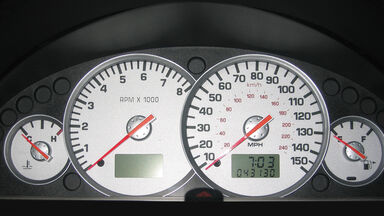A similar contradiction apparently exists with regard to the specific volume, for while benzene has a specific volume correspinding to Claus' formula, toluene, or methylbenzene, rather points to Kekule's.
Recent researches have shown that the law originally proposed by Kopp - " That the specific volume of a liquid compound (molecular volume) at its boiling-point is equal to the sum of the specific volumes of its constituents (atomic volumes), and that every element has a definite atomic value in its compounds " - is by no means exact, for isomers have different specific volumes, and the volume for an increment of CH 2 in different homologous series is by no means constant; for example, the difference among the esters of the fatty acids is about 57, whereas for the aliphatic aldehydes it is 49.
Since a/d is the real specific volume of the molecule, it is therefore a constant; hence (N2-I)/(N2+2)d is also a constant and is independent of all changes of temperature, pressure, and of the state of aggregation.
In the case of imperfect gases, all the available experimental evidence shows that the specific volume tends towards its ideal value, V =Re/p, in the limit, when the pressure is indefinitely reduced and the molecules are widely separated so as to eliminate the effects of their mutual actions.
Writing v for I/a, the specific volume of the vapour at the pressure p, and V for I/p, the specific volume of the liquid at the pressure P, and restricting the result to small changes, we get vdp =VdP.





